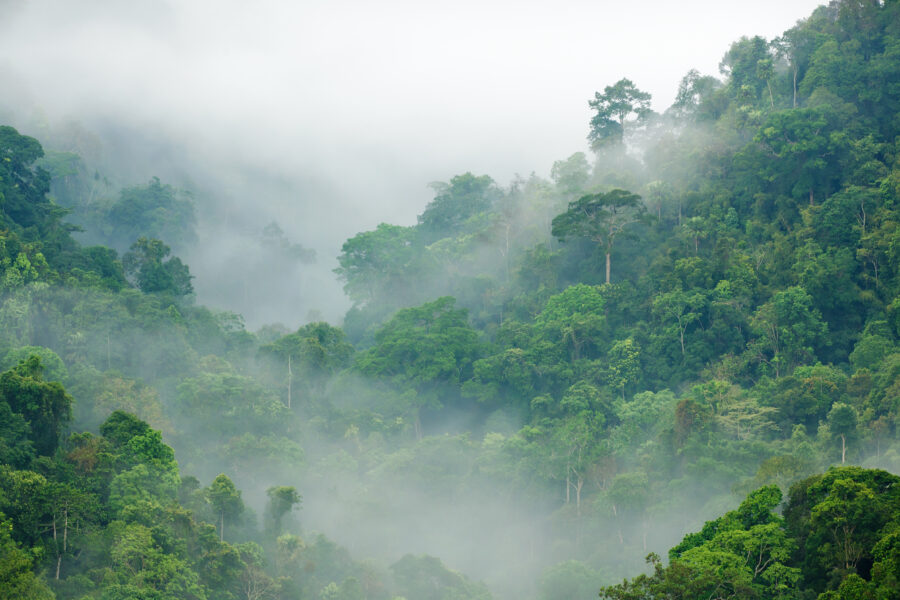On September 28th, the people of the Republic of Ecuador passed a new Constitution, seen as a historic document which recognizes both indigenous peoples’ land rights and livelihoods and the rights of nature.
The Constitution’s third part titled Rights, Duties, and Guarantees declares collective rights as they pertain to indigenous peoples. Article 84 states that the State shall recognize and guarantee indigenous peoples rights, in conformity with the Constitution, the law, human rights and collective rights. The rights established by Article 84, enfranchise thousands of indigenous peoples living in many of the country’s poorest regions. The sweeping changes in State-supported indigenous rights offers an important legal foundation upon which indigenous peoples can pursue traditional livelihoods and practices.
Amongst the fifteen specific sub-articles, Article 84 extends the following rights and protections to indigenous populations:
- Maintain, develop and strengthen their spiritual, cultural, linguistic, social, political and economic identity and traditions.
- Maintaining possession of ancestral lands and to obtain their community free allotment, according to the law.
- Preserve the ownership of communal lands, which are inalienable, indivisible and indefeasible, unless declared as public utility by power of the State. These lands are also exempt from paying property taxes.
- Be consulted on plans related to programs of exploration and exploitation of non-renewable resources found on their lands and those that may have detrimental environmental and/or cultural affects; to have a share in the benefits that these projects will bring as soon as possible and to receive compensation for the socio-environmental damage they cause*.
- Preserve and promote their management of biodiversity and their natural environment.
- Not to be displaced, as peoples from their lands.
- Maintain, develop and manage their cultural and historical heritage.
Along with indigenous rights, the Constitution also recognizes the rights of nature. This revolutionary approach to environmental protection is seen as both experimental and radical. In a press release from the Community Environmental Legal Defense Fund, the constitutional articles concerning the rights of nature are shared. Under the new Constitution, “nature, where life is reproduced and exists, has the right to exist, persist, maintain and regenerate its vital cycles, structure, functions and its processes in evolution.” Under the new measures, the State is also tasked with motivating “natural and juridical persons as well as collectives to protect nature.” Essentially, citizens would be able to privately enforce nature rights.
Constitutional reforms including indigenous rights combined with revolutionary nature rights, certainly place Ecuador as a progressive actor within human and environmental rights dialogues.
Read Part III, Rights, Duties, and Guarantees, of the Constitution in the original Spanish.
*The Republic of Ecuador and members of its indigenous communities are currently involved in litigation against ChevronTexaco. The case stems from the dumping of 18.5 billion gallons of toxic waste into Amazon waters by Texaco (now owned by Chevron). The new constitutional reforms help to ensure greater protection of indigenous populations against similar future environmental crisis.






